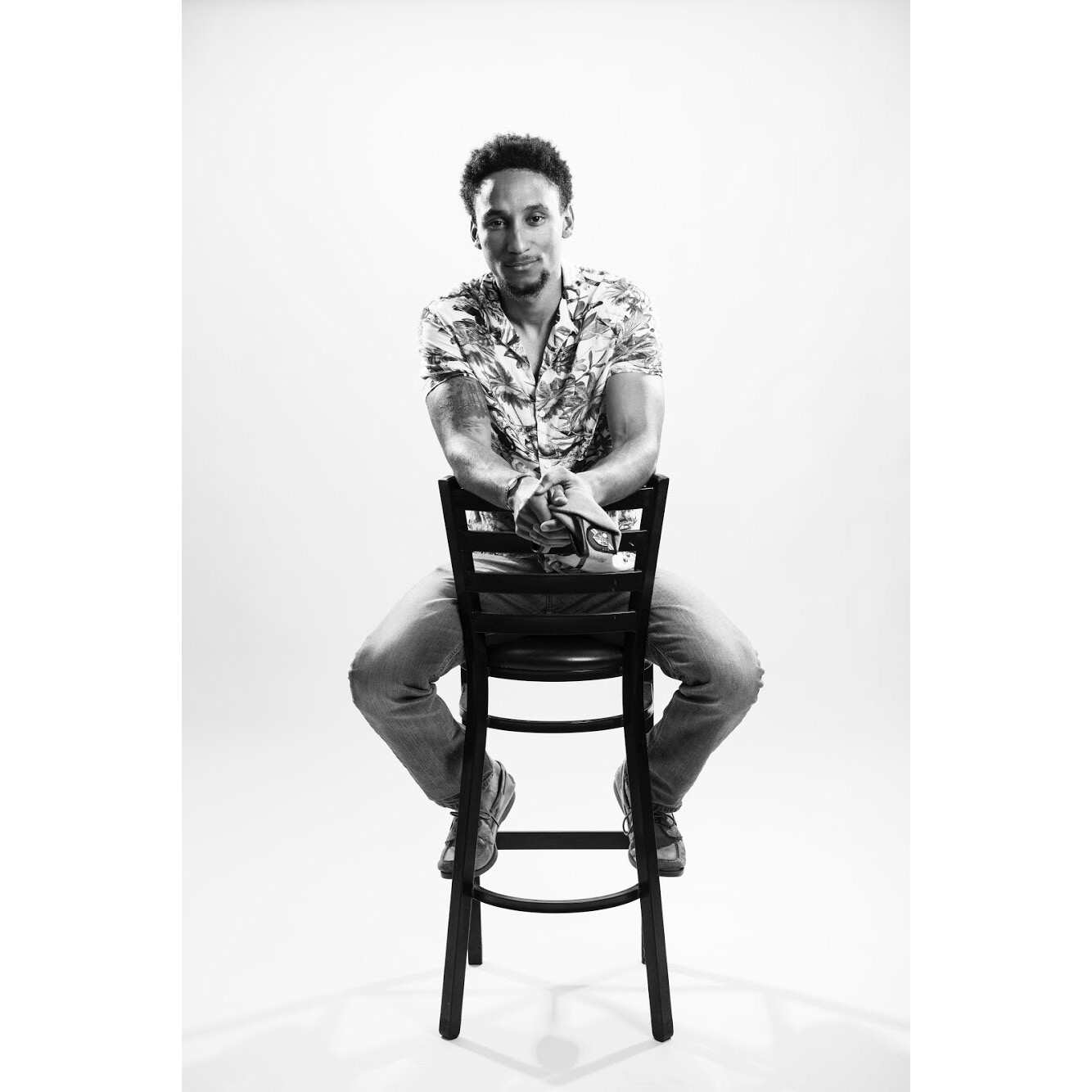Branch: Army
Job: Ranger
By Delaney Brown
Jeremiah Sanders wanted to be a soldier from the time he was 8 years old. He used to love watching videos of soldiers in training. When the movie “Black Hawk Down” came out in 2001, Sanders was in awe of the feats the soldiers could perform. At age 11, he decided he wanted to go into special operations.
“(Being in special operations) was like the coolest job in the world to me. They get to use the coolest weapons. They have this aura about them. They’re like Jedis almost,” Sanders said. “To be a part of that was amazing.”
Sanders comes from a blue-collar family. His mom worked at Walgreens for 20 years. His dad worked as a truck driver, a handyman, and a steelworker, all what Sanders calls callus-on-your-hands type jobs. Now in his mid-50s, Sanders’s dad still works two jobs without complaints.
There’s a strong military tradition in Sanders’ family. His great-grandfather was in the Navy during World War I. One grandpa went to Korea, another served in the National Guard. Sanders’ aunt served 20 years in the Air Force. He had cousins that fought in Kosovo. No one was too worried when Sanders decided to enlist. His family supported the decision.
Sanders enlisted in June 2013, one month after graduating high school. He wanted to become a Green Beret, the Army’s special forces unit, but was too young. Being an Army Ranger was the next best thing.
“Rangers are like a surgical tool and the rest of the Army is like a hammer,” Sanders said. “Rangers are the guys that do the dirty work. Go in the middle of the night, grab the guy, take out the guy depending on what the mission needs.”
Sanders scored above average on the Armed Services Vocational Battery, an aptitude test that helps determine job placement within the military. His high score meant that Sanders had plenty of job options, but he wanted to enter as a “grunt.”
He admits it wasn’t easy. Just because a recruit is accepted to Ranger assessment doesn’t mean he is guaranteed a spot. A newbie has to prove he belongs. Superiors notice a bad day in training. Too many bad days, and they’ll be drafting the paperwork to send him home.
“You get used to it after a while,” Sanders said.
He turned persevering into a mental game. In the morning, he’d tell himself that tomorrow would be the day he quit. The next morning, he’d wake up and do it again. After eight weeks, he earned a tan beret. He was officially a Ranger.
“Putting on the tan beret felt like my dreams were coming true. It was one of the best days of my life.”
As soon as Sanders realized his childhood dream, he was on to the next one. Slowing down isn’t his style; he likes to keep his foot on the gas.
He earned his Ranger tab, signifying the completion of another 61 days of combat training in woodland, mountain, and swamp conditions. Passing ranger assessment was like becoming a pledge in a fraternity; earning his tab meant brotherhood, and in this world, brotherhood was everything.
Sanders has been in combat twice. A week after joining the unit, he deployed to Afghanistan. He was a gun team leader in the War on Terror in Iraq and Syria. He was one of the “boots on the ground” in the fight against ISIS.
At 21, Sanders had two men under his command — responsibility he didn’t take lightly.
“Once you realize you have someone’s life in your hands, and they have kids and wives and families, it’s the most serious thing in the world. You have weight on your shoulders.”
Being a Ranger, he knew he and his men would see combat. He wanted to make sure they were prepared. Sanders admits that kind of stress could be draining.
“You kind of have to be a different breed. You’re going behind enemy lines and doing sketchy stuff,” he said.
Sanders doesn’t think he’ll experience another community quite like the Rangers.
“Imagine a community of Alphas, where everyone is just gung-ho and hardcore,” he said. “Nobody had a death wish. We all wanted to live, but we weren’t scared to die.”
Sanders left the Army in 2016. He wanted to see what life was like outside of the military. He knew if he didn’t leave, then he probably would have stayed for the full 20 years. He wanted to go to school before it got to be too late.
He’s a history major now. He loves learning about the real-life extraordinary events and people of the past.
Sanders wants to return to government service. His perfect job would be working counter-terrorism with the FBI, though he says working for the Drug Enforcement Agency or Border Patrol wouldn’t be a bad option either.
“I’m going to do what I have to do to make something of my life,” he said. “I want to help others, serve my community, leave a positive mark on this world.”
Photo courtesy of Stacy Pearsall (resized for web)



